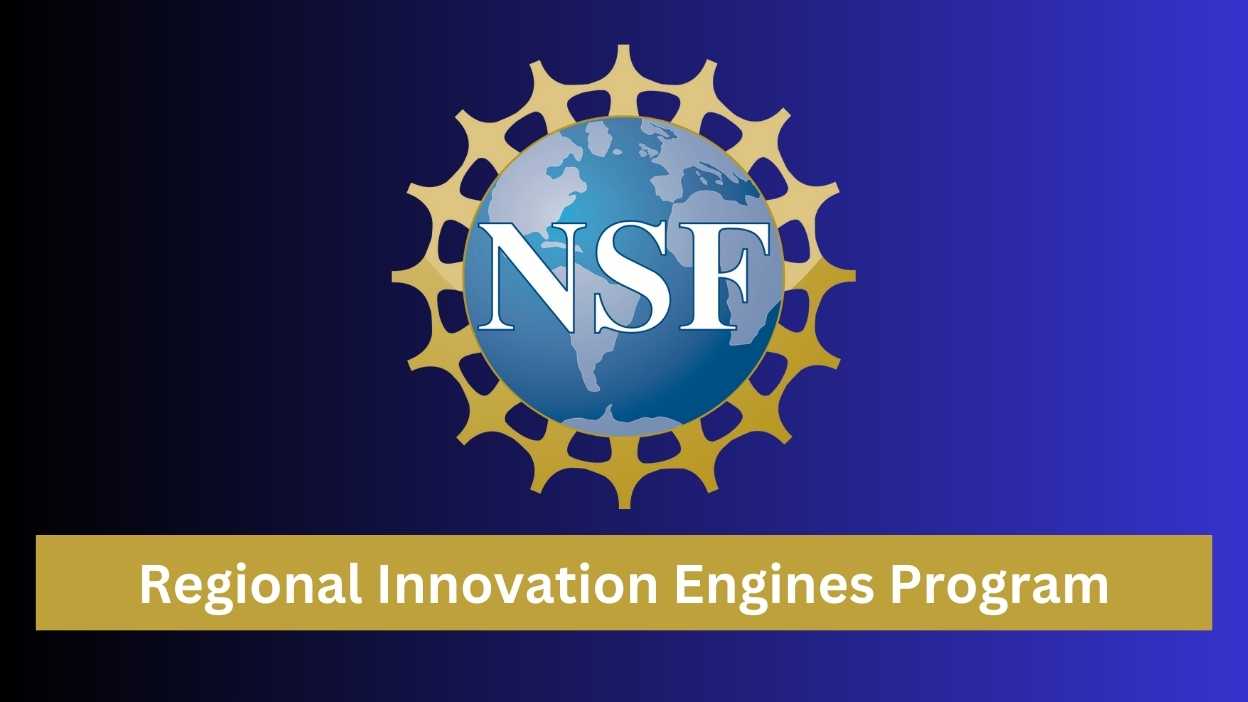
NSF announces 10 winners of its inaugural Type-1 “Regional Innovation Engines”
Each recipient will receive up to $15 million for the next two years and up to $160 million over 10 years.
On the eve of TEAM TN hosting its one and one-half-day summit in Cleveland to plan for a Type-2 submission under the National Science Foundation’s (NSF) “Regional Innovation Engines” program, the federal agency on Monday announced the inaugural 10 NSF winners for awards that could amount to as much as $160 million for the winners.
Only one state – North Carolina – had two winners. The Piedmont Triad Regenerative Medicine Engine and the North Carolina Sustainable Textiles Innovation Engine, both anchored in the Tar Heel State, will each initially receive up to $15 million for two years and up to $160 million over 10 years. That’s the amount of funding allocated to the other eight recipients.
- The regenerative medicine engine is led by the Wake Forest University School of Medicine with the goal of cultivating breakthroughs in health care by providing the resources necessary to accelerate the transition of use-inspired regenerative medicine technologies into commercial products. As the name implies, it is focused geographically on the Greensboro, Winston-Salem, and High Point, NC.
- The textiles-focused engine is led by The Industrial Commons, a Morgantown-based organization with a goal to advance the nation’s capacity for environmentally sustainable textiles by advancing smart textiles and wearable technology, reducing carbon outputs and the number of textiles in landfills, and nurturing the development of new product lines that use circular methods. Its geographic focus is not just Western North Carolina, but also parts of South Carolina, Tennessee, and Virginia.
Two other Southeastern states won NSF Engines.
- The Louisiana Energy Transition Engine, led by Louisiana State University, aims to enable a clean energy transition for the state by advancing research and commercialization efforts in the areas of carbon capture, the use of hydrogen as an alternative fuel, carbon dioxide as a feedstock, and sustainable water and sustainable manufacturing for clean energy to promote pathways to decarbonization across the State of Louisiana.
- The Central Florida Semiconductor Innovation Engine, led by the International Consortium for Advanced Manufacturing Research (ICAMR Inc., but doing business as BRIDG), has a goal of playing a critical role in supporting the nation’s capability for semiconductor advanced packaging design and manufacturing, rooting a vital industry on American shores and securing national defense. Its geographic focus is Osceola County and surrounding communities.
With a potential NSF investment of nearly $1.6 billion over the next decade, NSF Engines represent one of the single largest broad investments in place-based research and development in the nation’s history – uniquely placing science and technology leadership as the central driver for regional economic competitiveness.
“The inaugural NSF Engines awards demonstrate our enduring commitment to create opportunity everywhere and enable innovation anywhere,” said NSF Director Sethuraman Panchanathan. “Through these NSF Engines, NSF aims to expand the frontiers of technology and innovation and spur economic growth across the nation through unprecedented investments in people and partnerships. NSF Engines hold significant promise to elevate and transform entire geographic regions into world-leading hubs of innovation.”
Other states securing the inaugural awards were based in Arizona, Colorado, Illinois, New York, North Dakota, and Texas. To learn more, click here for more on the NSF winners and news release.
Like what you've read?
Forward to a friend!

